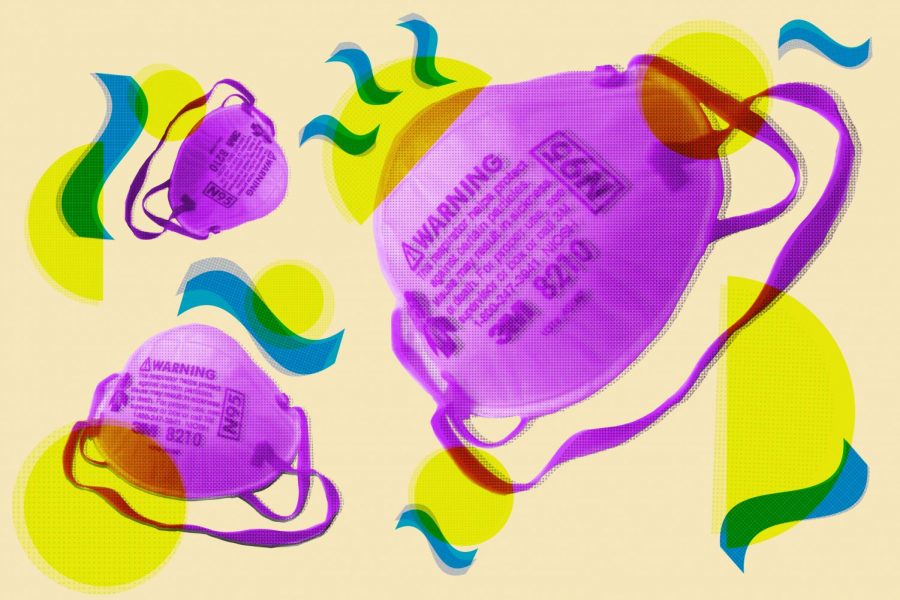Say ‘no’ to N-95s: donate your masks
April 9, 2020
The best way to protect yourself from coronavirus is to stay at home. If you aren’t in a position to do that, though, the next best way is to wear a face mask.
On April 3, the Centers for Disease Control and Prevention (CDC) issued a new recommendation for people to wear face masks in public. Before recent studies, it was believed face masks did little to stop the spread of coronavirus unless you were symptomatic. Now, we know that isn’t true.
A “significant portion” of those with coronavirus can be asymptomatic, according to the CDC. In a March 31 National Public Radio (NPR) interview with CDC Director Dr. Robert Redfield, it was revealed up to 25% of people with coronavirus remain asymptomatic. For those who are symptomatic, they can spread the virus before symptoms show.
“Of those of us that get symptomatic, it appears that we’re shedding significant virus in our oropharyngeal compartment, probably up to 48 hours before we show symptoms. This helps explain how rapidly this virus continues to spread across the country,” Dr. Redfield said.
This is why the CDC advises us to use face masks when grocery shopping or, for those of us still required to, while working. The primary way the virus is spread is through respiratory droplets produced by coughs and sneezes, and face masks protect against this, according to Dr. Daniel Griffin at Columbia University.
However, there’s one major problem with the public’s need for face masks: medical staff need them much more. Medical masks are in extremely short supply. Some hospitals are so desperate for supplies, one UK hospital received a donation of medical scrubs from a fetish site, MedFet UK. Another adult entertainment site, PornHub, donated 50,000 medical masks to New York City nurses, doctors, paramedics, emergency medical technicians, fire inspectors and firefighters. Yeah, things are getting weird.
At the grocery store, I can’t help but notice most people are wearing medical masks such as N-95 masks. We need to donate these to hospitals so medical staff can treat critically ill patients. According to the Wall Street Journal, hospitals sanitize donated masks before using them, so even if you’ve used your mask already, it can still be donated for medical professionals who need them.
If you absolutely must go out, try your hand at using homemade masks, which are surprisingly easier to make than they seem. The CDC recommends multiple easy guides on how to make your own masks, including a “no sew” method involving just an old T-shirt and some scissors.
In true World War I fashion, craftier Americans are sewing homemade masks and donating them in droves to hospitals around the country. One of my mom’s friends is making masks for her friends and family. Even if you don’t know how to sew, though, there are always bandanas and T-shirts. It’s a simple way to make a difference to everyone around you if you aren’t able to practice strict quarantine.



